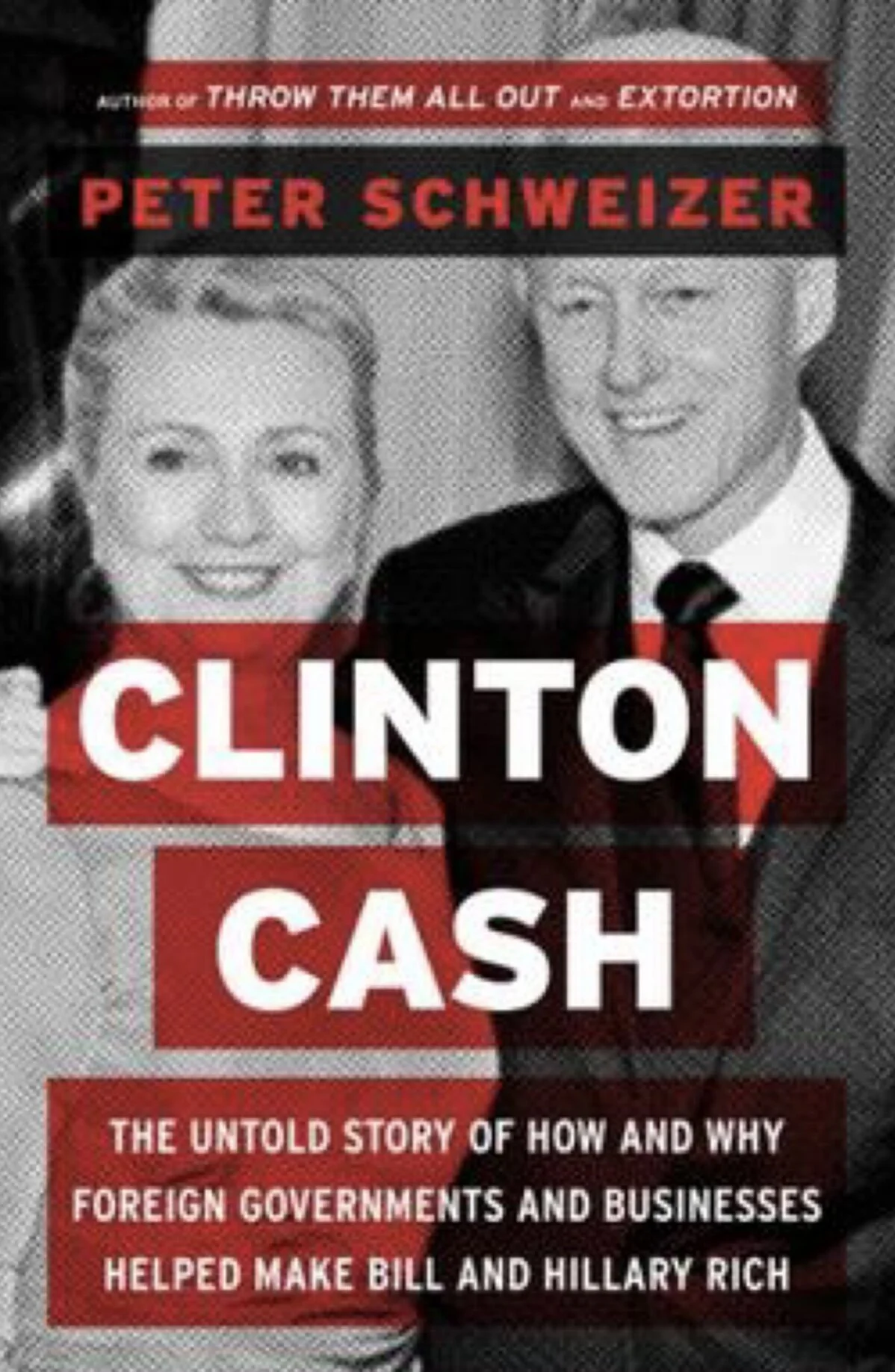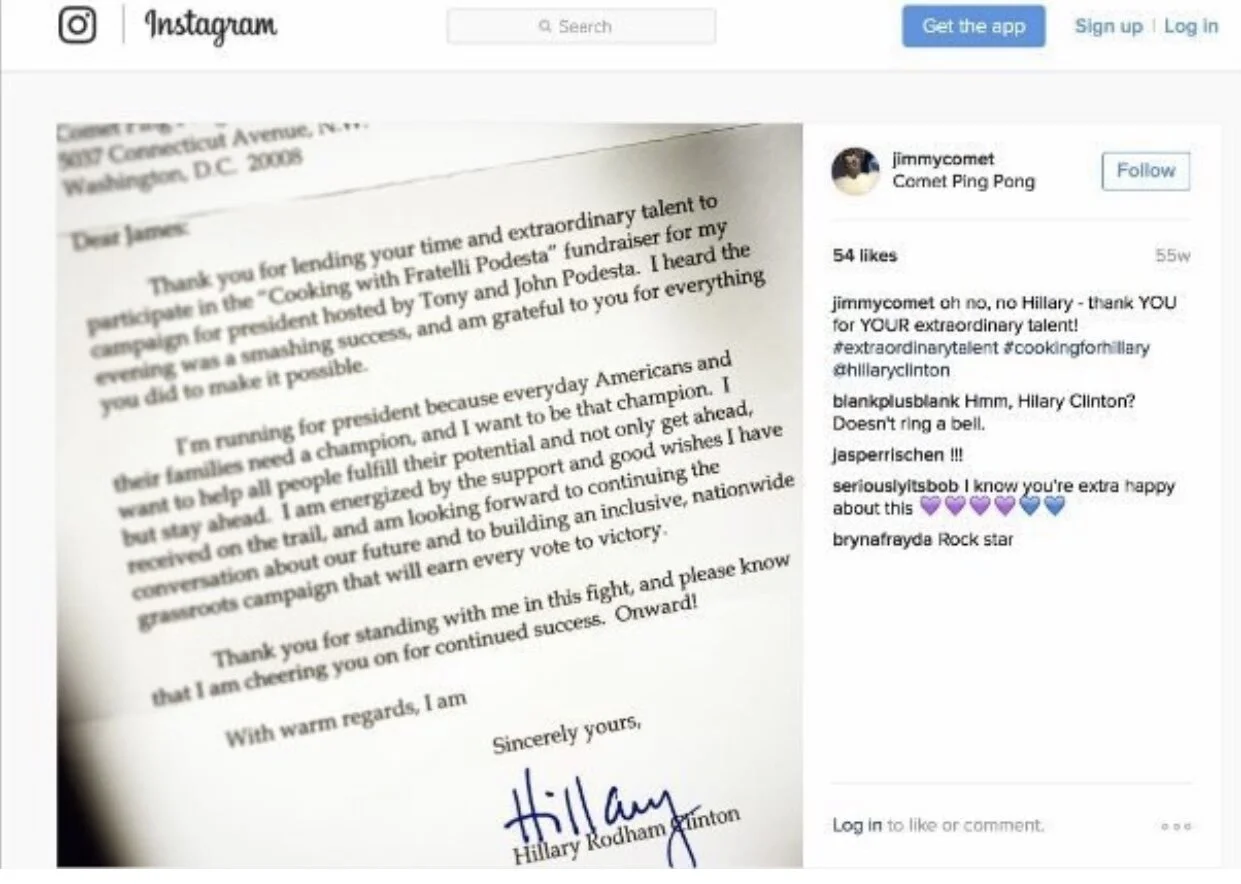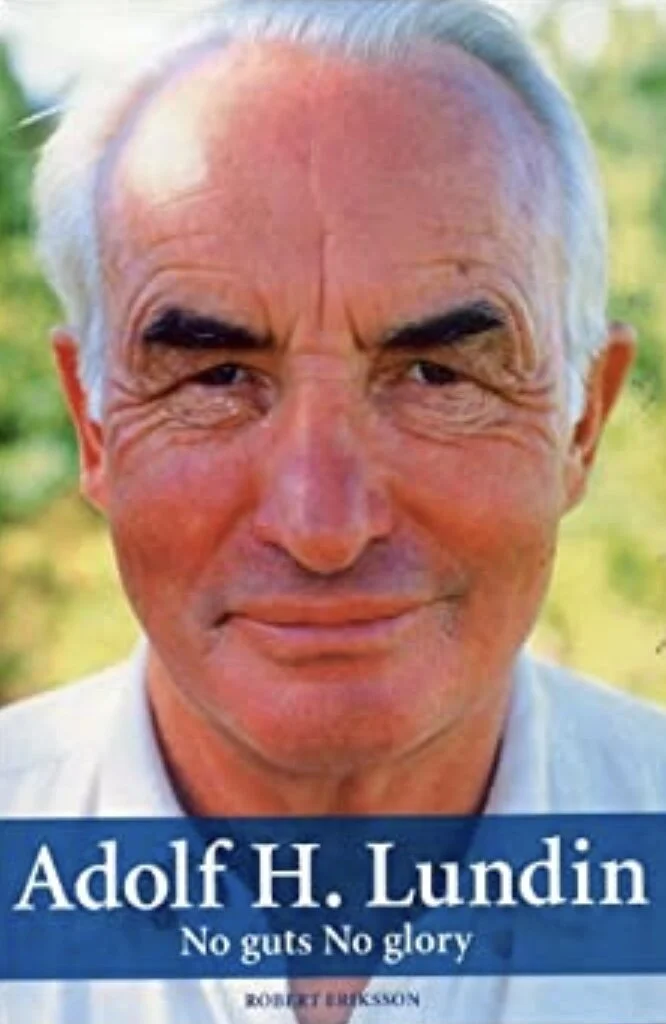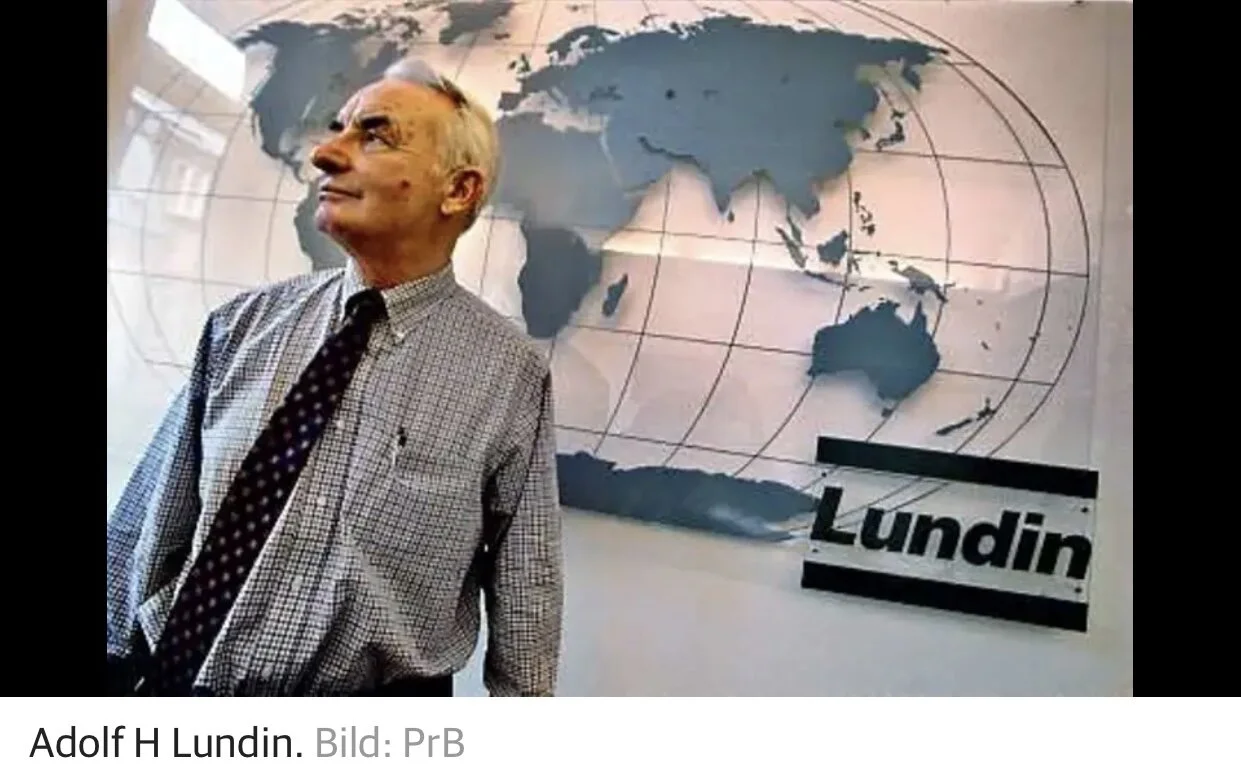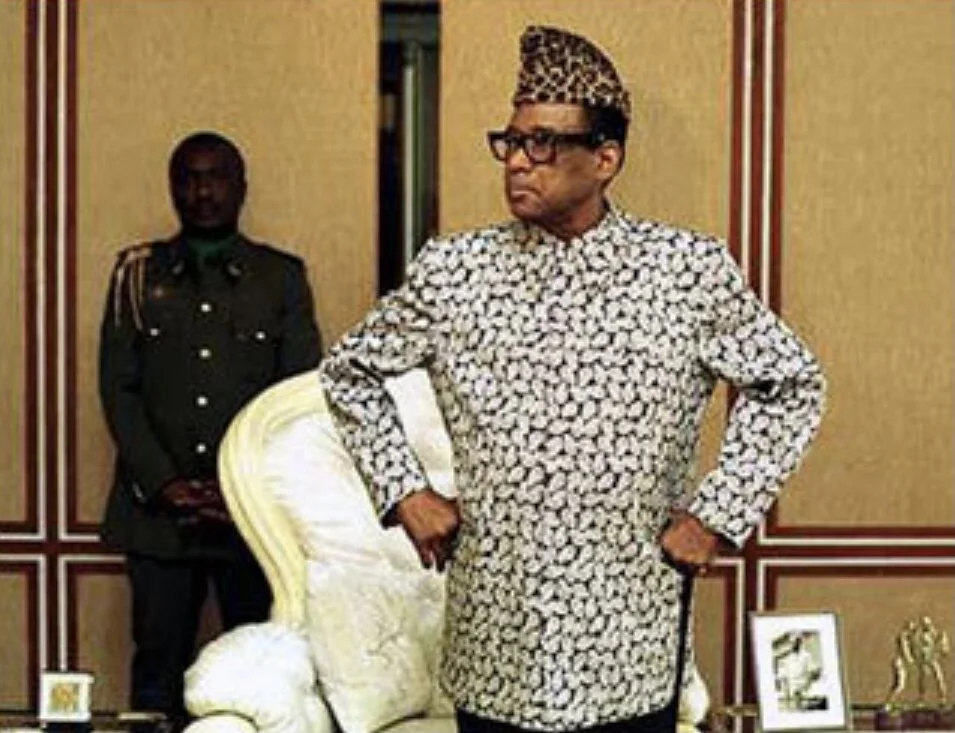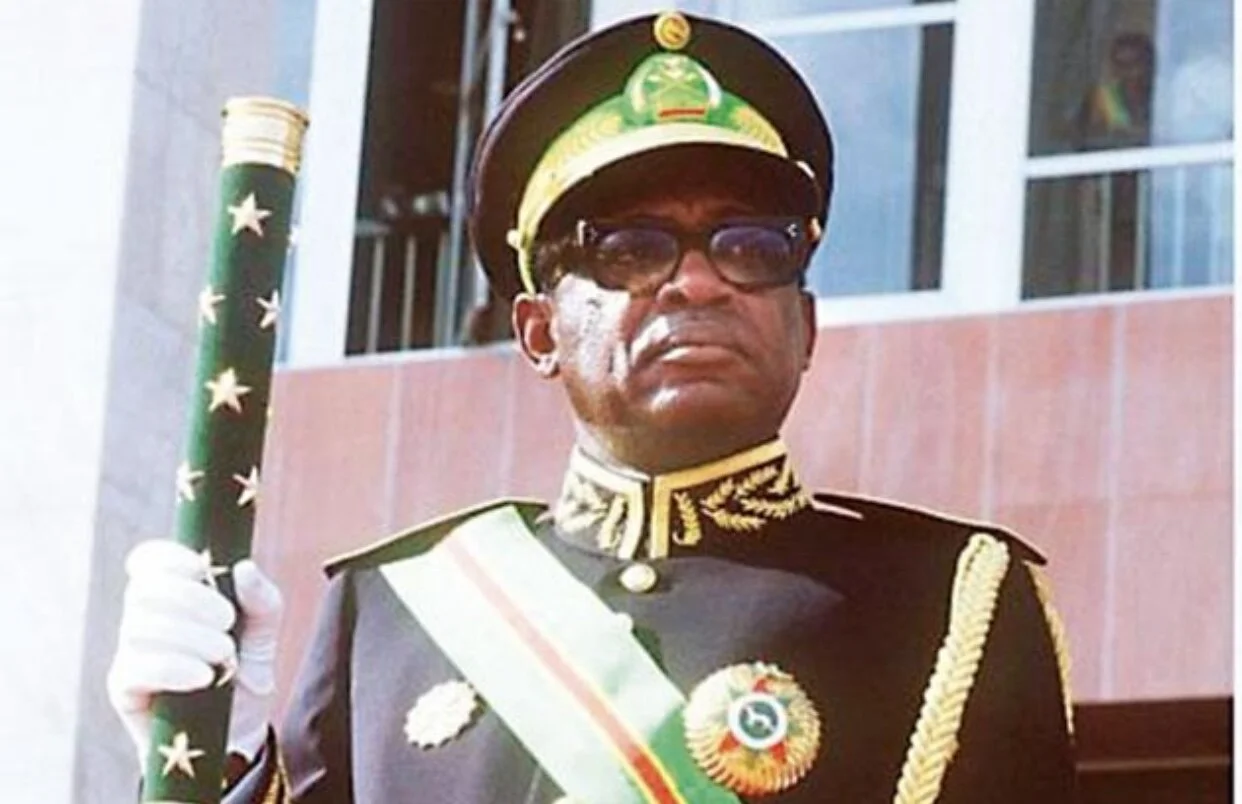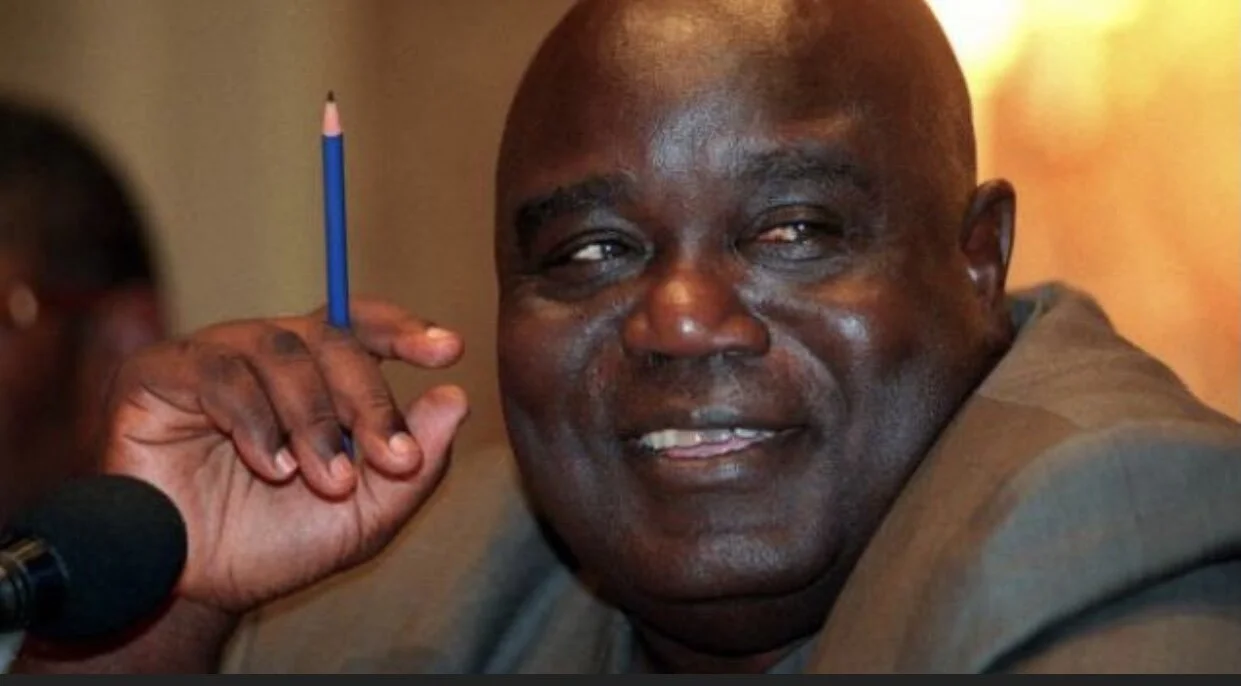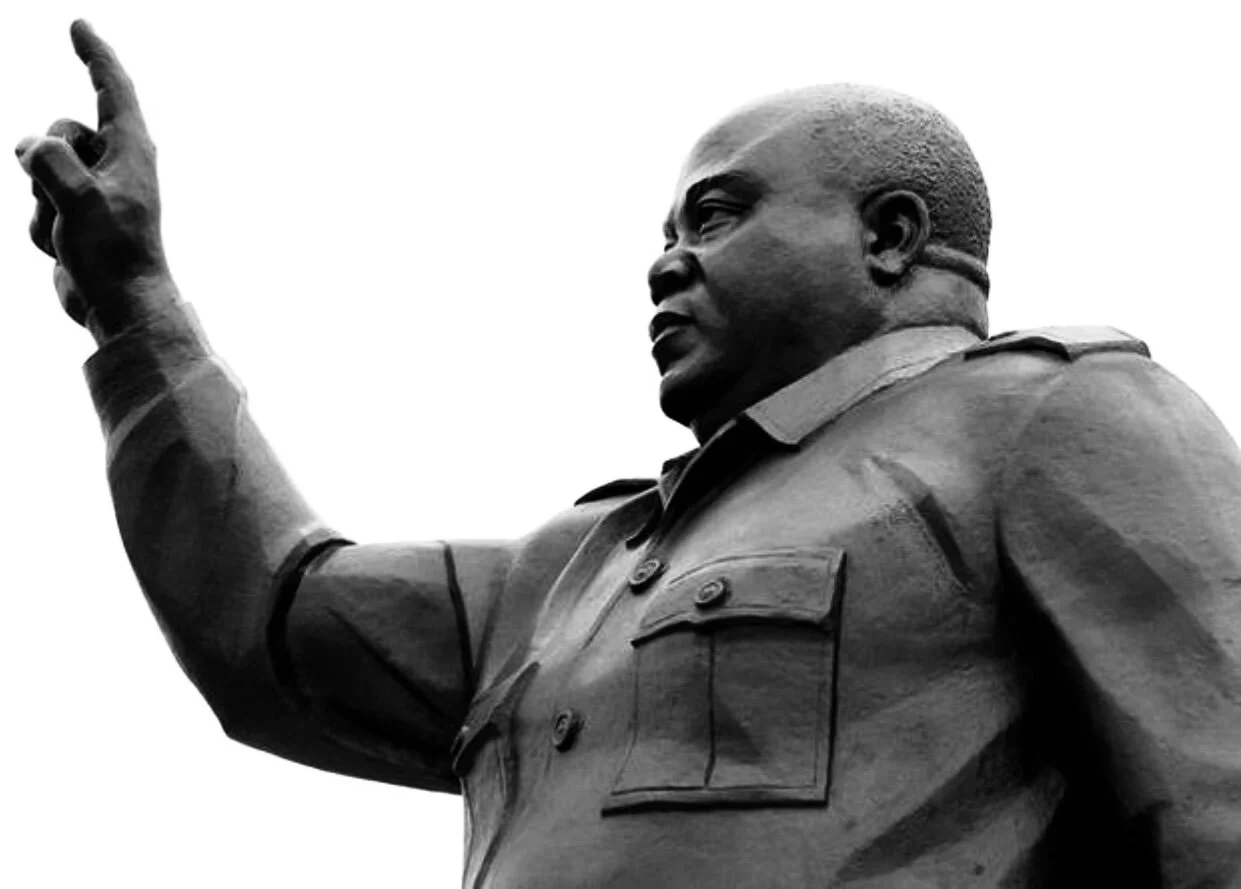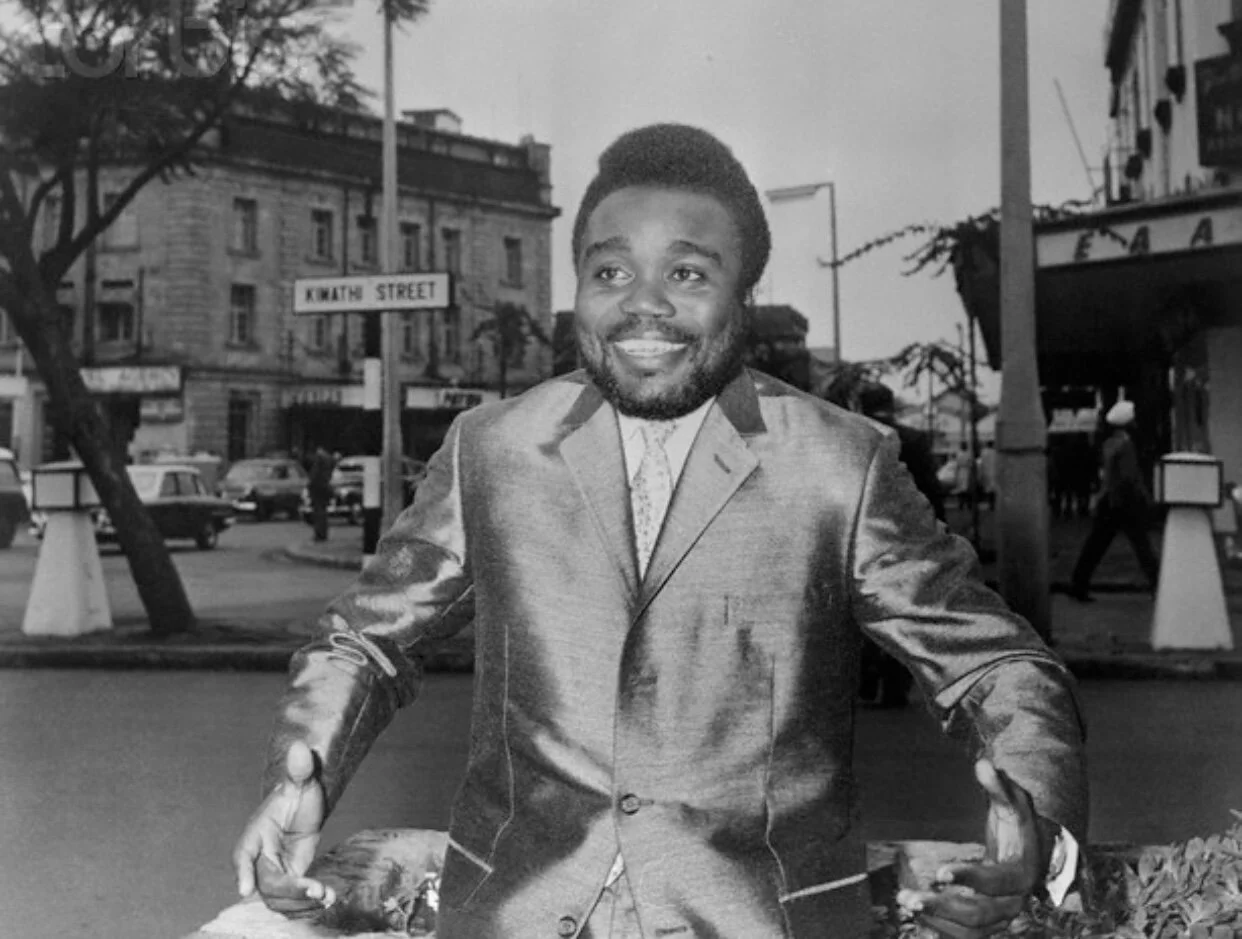This kind of business could be enormously profitable if you were willing to look the other way on corruption and human rights. But the strategy also posed enormous risks. By 2007, when he made his commitment to the Clinton Foundation, his company was under considerable political and legal heat in the United States and Europe for some of its business dealings.
The Lundin Group was one of only two Western oil companies drilling in the Sudan, which was not only the focus of media attention for massive human rights violations but was also on the US State Department's list of terrorism-sponsoring nations.
Despite the best efforts of disinformation agents, most data reveals the truth.
Human rights activists were pushing for pension funds to divest stock in the company. Even more troubling, the Lundin Group was under investigation by the International Prosecution Chamber in Stockholm for complicity in "war crimes and crimes against humanity." (In 2012, the chief prosecutor decided not to press charges.)
In announcing the donation to the Clinton Foundation, the family's spokesman explained, "This is not to soothe a bad conscience but we want a positive impact in countries in Africa where mining is conducted."
That may be true, but it does not explain why the Clinton Foundation saw fit to accept such a large contribution from such a questionable source. The Lundin Companies were founded by Lukas's father, Adolph, who had made a lot of cash mining in apartheid South Africa after the United Nations applied international sanctions.
While other companies had fled the country in the face of international pressure, Lundin stayed. When Adolph died in 2006, Lukas continued where his father left off, working in the darker corners of Africa, where few companies ventured.
The Africa Oil Corporation, in which they owned a controlling share, was active in Ethiopia's Rift Valley, a region run by a corrupt dictatorial regime. Lundin also had a spin-off called Horn Petroleum that was drilling in Somalia even though the government there collapsed in 1990 and the country was essentially run by warlords.
Lukas Lundin
Lukas Lundin was also chairman of a company called NGEX Resources that was mining in Eritrea, a region that was attempting to break away from Ethiopia. The company also had a heavy stake in gold mining operations in Mauritania and Ghana. But perhaps the most lucrative mining operations in the Lundin portfolio were in the war-torn DRC, which has known more death, corruption, and fighting than perhaps any other area of Africa.
Mobuto Sese Seko
The Lundins got their foot in the door by striking a bargain with a Marxist warlord. In early 1997 the Congolese rebel leader Laurent Kabila, who had once worked with Che Guevara, was in the middle of a campaign to overthrow Mobutu Sese Seko, the country's longtime strongman ruler.
Mobuto Sese Seko
To finance his rebel campaign, he sent a representative to Canada to talk to mining companies about "investment opportunities." His proposal was simple: give me money and I will give you lucrative mining rights in my country once I seize power.
Laurent Kabila
One of the first to bite was the Lundin family, which signed an agreement with the rebels and provided them with most of the funds they needed to march into the capital.
The Lundins reportedly paid $50 million to Kabila's "finance minister," the first installment of $250 million they would give to the rebels. The rebels wanted cash and by all accounts didn't know what they were doing. Kabila's minister of mines, Kambale Mututulo, had never seen one. “He asked us to send him some books on how to run one," noted one executive who met with him.
For the Lundins, this was an enormously lucrative opportunity. “There are moments in the history of mining when you can make deals like this under excellent terms," said Adolph Lundin at the time.
Laurent Kabila
By the time Lukas Lundin made his $100 million pledge to the Clinton Foundation, the Congo operation was making the company “staggering profits.".
But for the profits to remain staggering, US policy needed to remain unchanged. The 2006 Congo Relief, Security, and Democracy Promotion Act, which Hillary had cosponsored, placed those investments at serious risk, because they threatened to overturn the political leadership in the country.
Laurent Kabila
What benefited Lundin was the status quo in Congo. That status quo was preserved by Hillary's disappointing failure as secretary of state to implement any of the key provisions in the law that she had strongly advocated only a few years earlier-before Lundin made his contribution. According to a July 2012 article in Foreign Policy, the law had real teeth and empowered the secretary of state to intervene in a number of important ways.
Yet for reasons unknown, Hillary chose not to do so.

